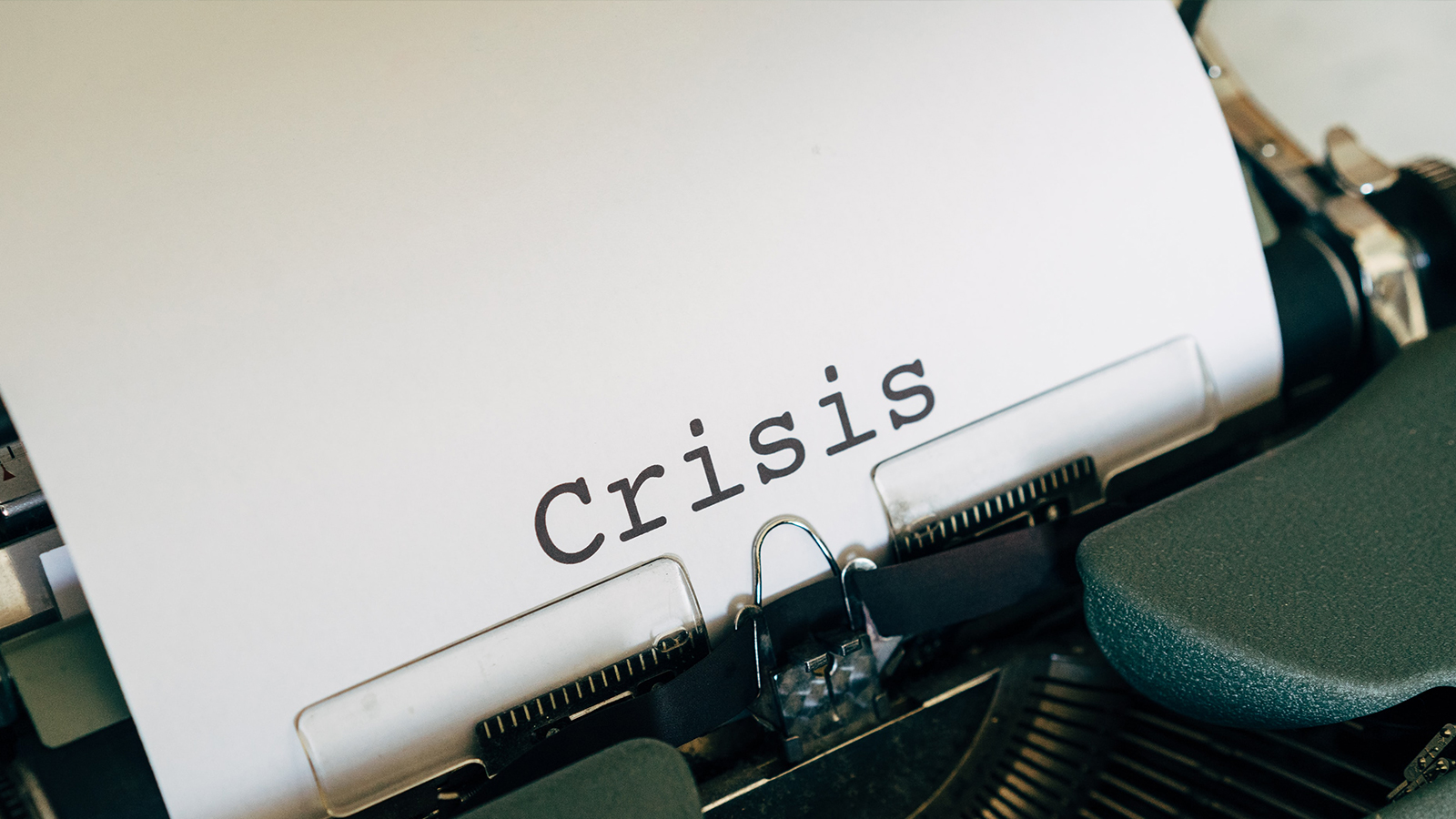4 minute read
During this period of uncertainty and instability, an important first step is to reflect on the way that living in a stressful environment is coloring the way we emote and behave.
The first “baby step” is to examine the messages we are receiving and clarify the way the information being disseminated can impact our state of being and emotions.
People are sending emails that say:
- We know that this is an unprecedented time for all of us.
- Please stay safe in this crisis.
- We hope you’re making the most of this unfavorable situation.
So which is it?
How are these phrases impacting the way we perceive our reality?
Words are powerful! Here are some definitions that we are working from. You might find these helpful as we unpack and name our situation and its impact.
What is a crisis?
- “a brief episode of intense difficulty, trouble, or danger”
- in Greek: Krisis “Decision or Turning Point”
- in Chinese: “Danger and Opportunity”
- identifiable and specific
- “small” crises are normal, resulting from events that overwhelms us at one time or another
- resolved one way or another within a set (brief?) period of time
The semantics and the definitions of the words we use to describe our situation are colored by a psychological understanding of the moment. Is it more of an opportunity? To what degree is it within or out of your control?
The pandemic we are currently facing is so widespread that it is considered a “global crisis.” Some question, “Do we need to call it a ‘crisis’ if we are only minimally impacted?”. The term “global crisis” is relevant because a global or national crisis colors the overall atmosphere of your experience. Your world is altered, even if your perception of the pandemic is as an “unprecedented event” or an “unfavorable condition” rather than a “crisis”. For example, if you experience a family crisis as a very young child, you may not personally be in crisis mode. However, the impact of the crisis changed your family atmosphere, and thus your world. We can say the same for major events in history such as 9/11, WW2, and the Great Depression. Even if some individuals did not experience personal crisis during those periods, those events transformed the world around them.
The global pandemic can quickly become a personal crisis, depending on its impact on you directly.
How personal is it for you?
Understanding your reality via an initial analysis will help you answer this first question: Is it a crisis for you or just unfavorable times?
The degree of severity of the crisis will depend on an individual’s perception and interpretation of the circumstance, rather than the objective nature of the events. Individuals facing similar situations may react differently. Reactions are influenced by the presence of hazardous circumstances, an individuals’ emotional response, previous experiences, personality characteristics, support, and social network.
These factors, in addition to the degree of uncertainty and length of time the crisis is endured, influence an individual’s conceptualization and emotions surrounding the crisis.
Using words other than “crisis” to categorize the impact of the situation can be positive. The word “crisis” can feel alarming and have a negative impact on our ability to stay resilient and regulated. From a leadership perspective, we recommend using these softer words: “unprecedented times” or “unfavorable conditions” but, from a mental health standpoint, it is critical to recognize the true crisis nature and call it by its name. The fine line we must walk is the balance in recognizing that for some this is “unfavorable”, and for some this is a “crisis.” Leaders should maintain flexibility and address it from both lenses, as this validates both perspectives and experiences.
Where do we go from here?
Once we have defined and clarified the experience, we can begin to assess the impact of that experience. This assessment aids in examining our personal experience and provides insight around what our colleagues and team members may be facing.
Let’s work to analyze the true impact that the crisis has on us as individuals. Then we can turn our attention to our organizations and colleagues.
Step 1: Name the problem and its impact.
Step 2: Realistically recognizing the impact using the scale below. Add your own questions and assessments as needed.
On a scale from 1-10 (0 = no impact, 10 = dramatically impacted or changed):
- how is this impacting your anxiety? anger? sadness? withdrawal? stress?
- how has this impacted your work environment?
- how has this impacted your home environment?
- how has this impacted your family members? friends?
- how much support do you have in managing your current reality? (0= no support / 10 = much support)
- how are you coping with this crisis? (0= not coping well / 10 = coping very well)
The next step will be how we begin to cope for ourselves and how we may be able to lead others.
This is Part 1 of a series adapted from “Managing Stress During times of Crisis” by Riverbend facilitator Lauren S. Hamrick, MS, EdS, LPC, RPT.
She provides years of mental health experience and her advice comes from using techniques and information found in cognitive behavioral therapy, DBT, Emotional Intelligence (Goleman), Play therapy, and Crisis Intervention (Textbook Frances et all). To name a few!


